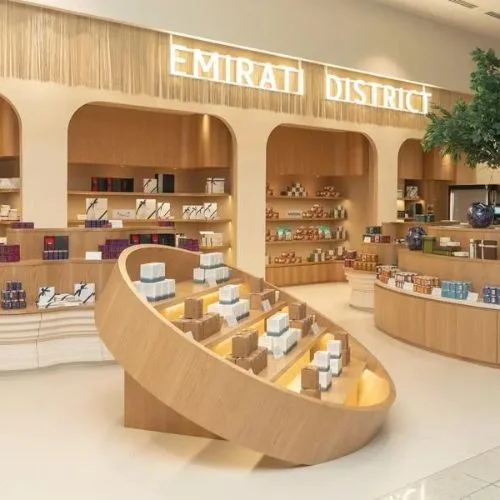The passion for entrepreneurship in Tier 2 and Tier 3 cities, as well as other smaller towns, is growing as more people come forward to propose themselves for official recognition this year.
The fourth edition of the National Startup Awards (NSA), hosted by the Department for Promotion of Industry and Internal Trade (DPIIT), received a total of 2,324 applications. Notably, 58 percent of these applications were from rising cities, Tier 2 and Tier 3 cities, and other minor towns and cities.
DPIIT introduced NSA, a flagship project under Startup India, in 2020 to recognize and acknowledge excellent businesses and facilitators in the startup ecosystem who are developing new products and having a verifiable social impact.
“Forty percent unique startup winners are from emerging cities/Tier 2 and Tier 3 and other smaller towns and cities this time,” a spokesperson for the agency said.
However, the overall number of applications submitted this time was 12% fewer than in 2022, when up to 2604 businesses applied for recognition.
The ‘Women-Led Innovation’ category had the most submissions (450), followed by ‘Sustainability Champion’, ‘Rising Star’, and ‘Impact in Rural Areas’. There are 19 categories.
The most applications were received from Maharashtra (370), followed by Karnataka (345), Tamil Nadu (232), and Uttar Pradesh (226).
This time, an unusual pattern emerged: 20% of entrepreneurs selected women to run their enterprises. Meanwhile, 11 percent of startup applicants have a strong emphasis on sustainability, which includes climate change, waste management, renewables, and related industries.
In terms of sectors, startups in healthcare and life sciences submitted the most applications (318). Other notable contributions came from startups in agriculture (207), education (186), green technology (107), fintech (90), food and drinks (97), and artificial intelligence (73).
The 21 winners were named on January 16 and awarded Rs 10 lakh each by Union Minister Piyush Goyal in New Delhi.
Axial Aero of Telangana won in the aero innovation category, followed by Krishigati of Pune in agriculture, Autocracy Machinery of Hyderabad in women-led innovation, Eeki Automation of Kota, and Breathe Applied Sciences of Bengaluru in sustainability.
“Startups that have gone on to develop disruptive innovation in industries such as space tech, finance, health tech, and logistics, among others. These firms have developed rapidly while gaining global finance and expanding their goods and services throughout the globe, highlighting India as an essential innovation location,” the minister said.
DPIIT creates 11 jobs for each startup.
According to the most recent figures, there are 1,17,254 DPIIT-recognised companies in 670+ districts.
“These startups have reported creation of over 12.42 lakhs jobs created with an average of 11 jobs created per startup,” the government said in a statement.
Furthermore, 50% of companies are from Tier 2 and 3 cities, with 48% reporting at least one female director. There are 112 unicorns (startups valued at $1 billion) with a combined worth of more than $350.71 billion.















